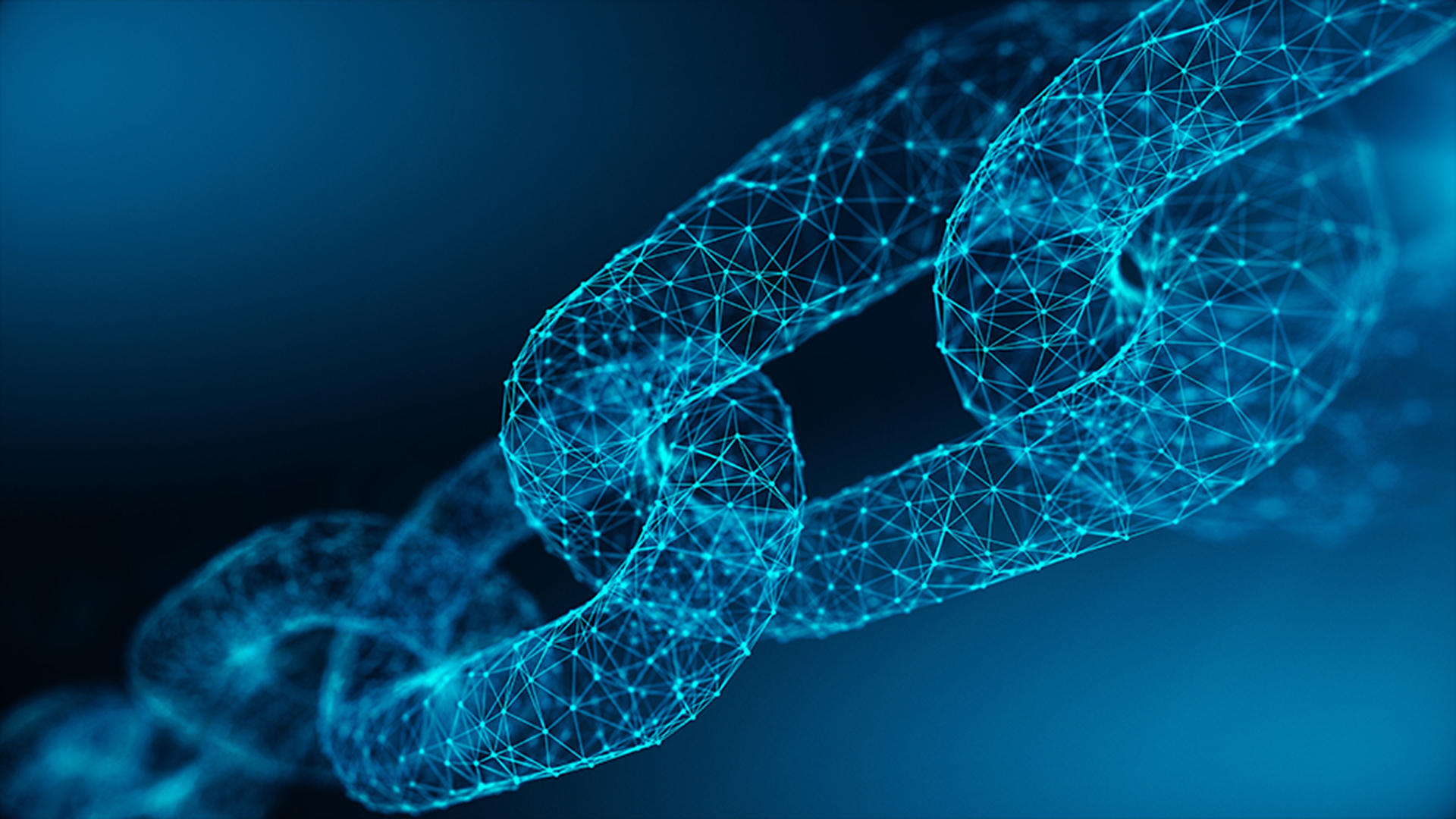
Publication
International Restructuring Newswire
Welcome to the Q3 2025 edition of the Norton Rose Fulbright International Restructuring Newswire.


Two seemingly unrelated recent developments in the world of blockchain are now posing the same odd question: Can there be law without people?
Blockchain technology has enabled a world of “smart contracts”—programs stored on the blockchain that automatically run and carry out predetermined tasks when predetermined conditions are met. These smart contracts are often integrated with so-called decentralized autonomous organization (DAOs), loose groups of tokenholders who effectuate decision making through software protocols.
Can DAOs, natural persons or other legal entities be held legally responsible when outcomes that are caused or enabled by those “smart contracts” are ones that society seeks to prevent and hold unlawful? Or is no one legally responsible, so that whatever these “smart contracts” might do is simply beyond the power of the institution of the law to remedy or prevent?
Robert A. Schwinger explores recent developments in this edition of his New York Law Journal Blockchain law column.
Download the full New York Law Journal article, "Can there be law without people?"

Publication
Welcome to the Q3 2025 edition of the Norton Rose Fulbright International Restructuring Newswire.
Publication
Canada is well-positioned to be a leader in Carbon Capture and Storage (“CCS”).
Publication
Hydrogen has long been of interest as a low emission or emission-free energy source. For Canada, its use, production, and transportation loom as a new energy disruptor. As a fuel, hydrogen is a clean power source that when combusted, produces no carbon dioxide emissions, only water vapour. Some methods used to produce hydrogen do, however, generate emissions.
Subscribe and stay up to date with the latest legal news, information and events . . .
© Norton Rose Fulbright LLP 2025